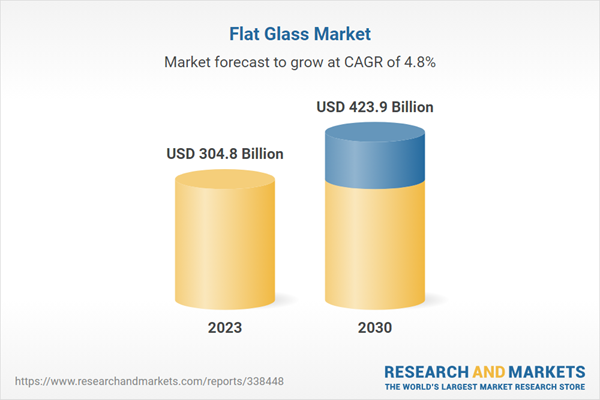

The Advantages of Float Glass Panels in Modern Architecture
In the realm of modern architecture, float glass panels have emerged as a highly sought-after material due to their aesthetic appeal and functional benefits. Known for their clarity and versatility, these panels have revolutionized the way buildings are designed and constructed, allowing for innovative applications that contribute to sustainability, safety, and style.
What is Float Glass?
Float glass, a term derived from the manufacturing process, involves floating molten glass on top of molten tin to create a smooth, uniform sheet. This method ensures that the glass is free from imperfections and bubbles, providing a flat surface that is ideal for various applications. The resulting float glass panels boast a high level of transparency, durability, and resistance to distortion, which make them perfect for use in windows, facades, and interior partitions.
Aesthetic Appeal
One of the most compelling benefits of float glass panels is their aesthetic appeal. The crystal-clear quality of float glass maximizes natural light, creating open and airy spaces that enhance the visual context of any building. Architects often use these panels to create stunning facades, showcasing sleek lines and minimalist designs that are both modern and timeless. The ability to control the thickness and tint of the glass allows for creative expressions that can complement various architectural styles.
Additionally, float glass panels can be treated or coated to improve their visual characteristics. Options like reflective glass or frosted finishes provide designers with the flexibility to create unique looks while also enhancing privacy when needed. This versatility ensures that float glass can meet a wide range of aesthetic requirements, making it a favorite among architects and designers.
Energy Efficiency

In an age where sustainability is paramount, float glass panels also offer significant energy efficiency advantages. Low-emissivity (Low-E) coatings can be applied to float glass to maximize thermal insulation. These coatings reflect heat back into the building during winter while keeping it cool in the summer by minimizing solar heat gain. This ability helps reduce reliance on artificial heating and cooling systems, leading to lower energy bills and a smaller carbon footprint.
Moreover, the transparency of float glass allows natural daylight to penetrate spaces, reducing the need for artificial lighting. By harnessing natural light, buildings become more energy-efficient while also enhancing the well-being of their occupants. The combination of these factors contributes to the growing trend of green building practices, where float glass is a preferred material.
Safety and Durability
Float glass panels are also recognized for their safety and durability. When produced under stringent guidelines, float glass can withstand various stresses, including wind loads and impacts. In high-rise buildings, using tempered or laminated float glass can significantly improve safety, as these types of glass are designed to shatter into small, less harmful pieces or remain intact upon breakage.
Furthermore, advancements in technology have made it possible to enhance the strength of float glass through various treatments. This ensures that the glass not only meets safety standards but also provides long-lasting performance, reducing the need for frequent repairs or replacements.
Conclusion
In conclusion, float glass panels represent a fusion of beauty, functionality, and sustainability that resonates with the demands of modern architecture. Their capacity to enhance aesthetics, improve energy efficiency, and ensure safety makes them an indispensable choice for architects and builders. As we move towards a more sustainable future, the role of float glass panels in design and construction is only set to grow, shaping the skylines of our cities while contributing to a greener environment. Whether used in residential homes, commercial buildings, or public spaces, float glass panels are a testament to the incredible possibilities of contemporary architectural innovation.